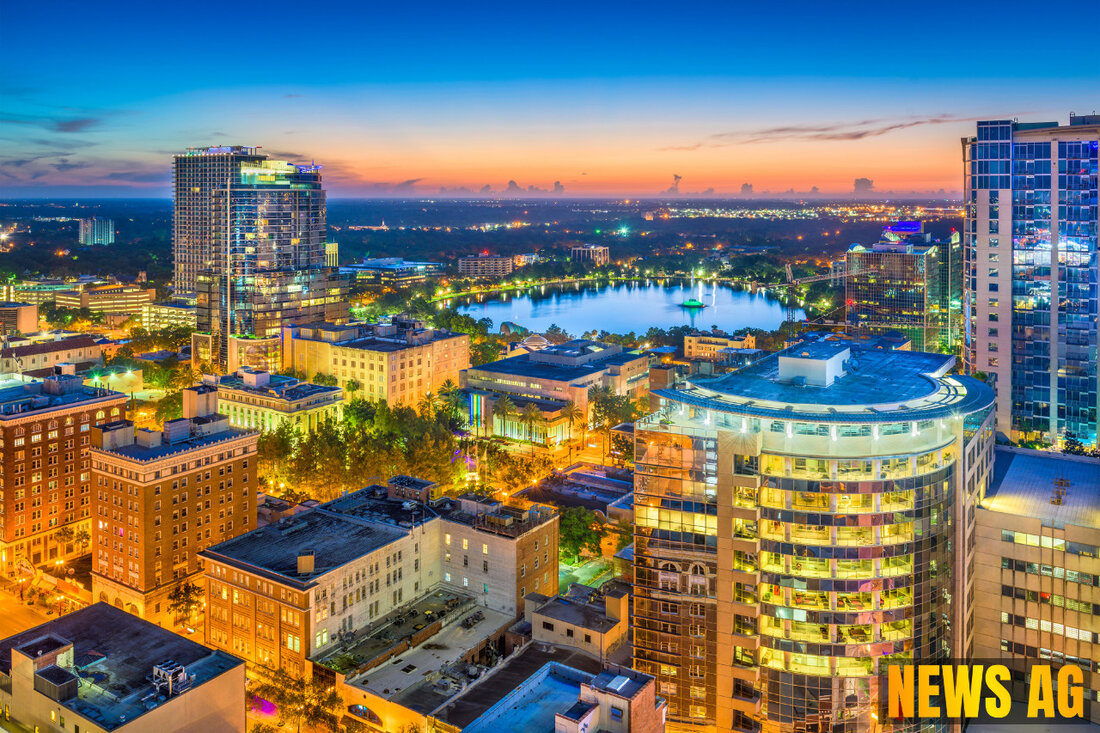Dolphin Crisis in Florida: Urgent Calls for Animal Rescue Operations

Panama City Beach, Florida, USA - In a troubling turn of events, dolphins are facing dire conditions at the abandoned Gulf World Marine Park in Panama City Beach, Florida. Recent drone footage showed these creatures swimming in murky water, highlighting the severe neglect they have endured since the park’s closure. Environmentalists have documented that the water quality has deteriorated to alarming levels, described as „completely green,“ and the filtration systems have been out of service for months, putting the health and safety of the dolphins at serious risk. According to Watson, the facility had housed dolphins since 1970, performing daily shows for eager tourists.
Sadly, the plight of the dolphins is underlined by a shocking statistic: five dolphins have died at the park within the past year, with the most recent death being a 9-year-old female bottlenose named Soleil. Florida Senator Jay Trumbull and Representative Philip Griffitts are calling for urgent action to remove the remaining animals, feeling that the time for caution has passed. “The animals cannot wait any longer,” Trumbull stated in a Facebook post, emphasizing the need for immediate intervention, as reported by News Herald.
A Community on Alert
With the conditions at Gulf World Marine Park becoming increasingly alarming, protests have begun to surface as residents and activists express their outrage. Local resident Jamie Marghany organized one such protest on March 29 and has plans for another on May 31. The park, which can hardly seem to catch a break, was forced to close temporarily but planned to reopen on June 3, raising concerns about the well-being of the creatures still inside.
Unfortunately, the troubles do not end here. The Dolphin Company, which operates the park, has declared bankruptcy, leaving a total of eleven sick dolphins behind. Seven were moved to a water park in St. Augustine, while the last four were rescued and are now being cared for at the Clearwater Marine Aquarium. However, these dolphins have been labeled „non-releasable,“ which means they will likely spend their lives in captivity. This situation raises serious questions about the welfare of marine mammals in captivity, as highlighted by an extensive discussion on the inadequacies of marine parks in the document “The Case Against Marine Mammals in Captivity,” available from AWI Online.
More than Just a Local Concern
As the issue unfolds at Gulf World Marine Park, it is essential to reflect on the broader implications of marine mammal captivity. According to the AWI report, marine mammals cannot thrive in confinement, and captive environments fail to replicate the complexity and needs of their natural habitats. The report cites an increase in mortality risk for dolphins post-capture and emphasizes the lack of effective educational initiatives at marine parks, despite the intents of legislation like the Marine Mammal Protection Act.
In light of recent events, it has become clear that the public is increasingly aware of the ethical dilemmas associated with marine mammal shows and the conditions in which these animals are kept. As community members rally for change, the outcry against the activities at Gulf World Marine Park serves as a crucial reminder of our responsibility toward these intelligent creatures. Close attention is now needed from both local and state authorities to ensure that justice is served for the dolphins left in the wake of the park’s negligence.
| Details | |
|---|---|
| Ort | Panama City Beach, Florida, USA |
| Quellen | |
